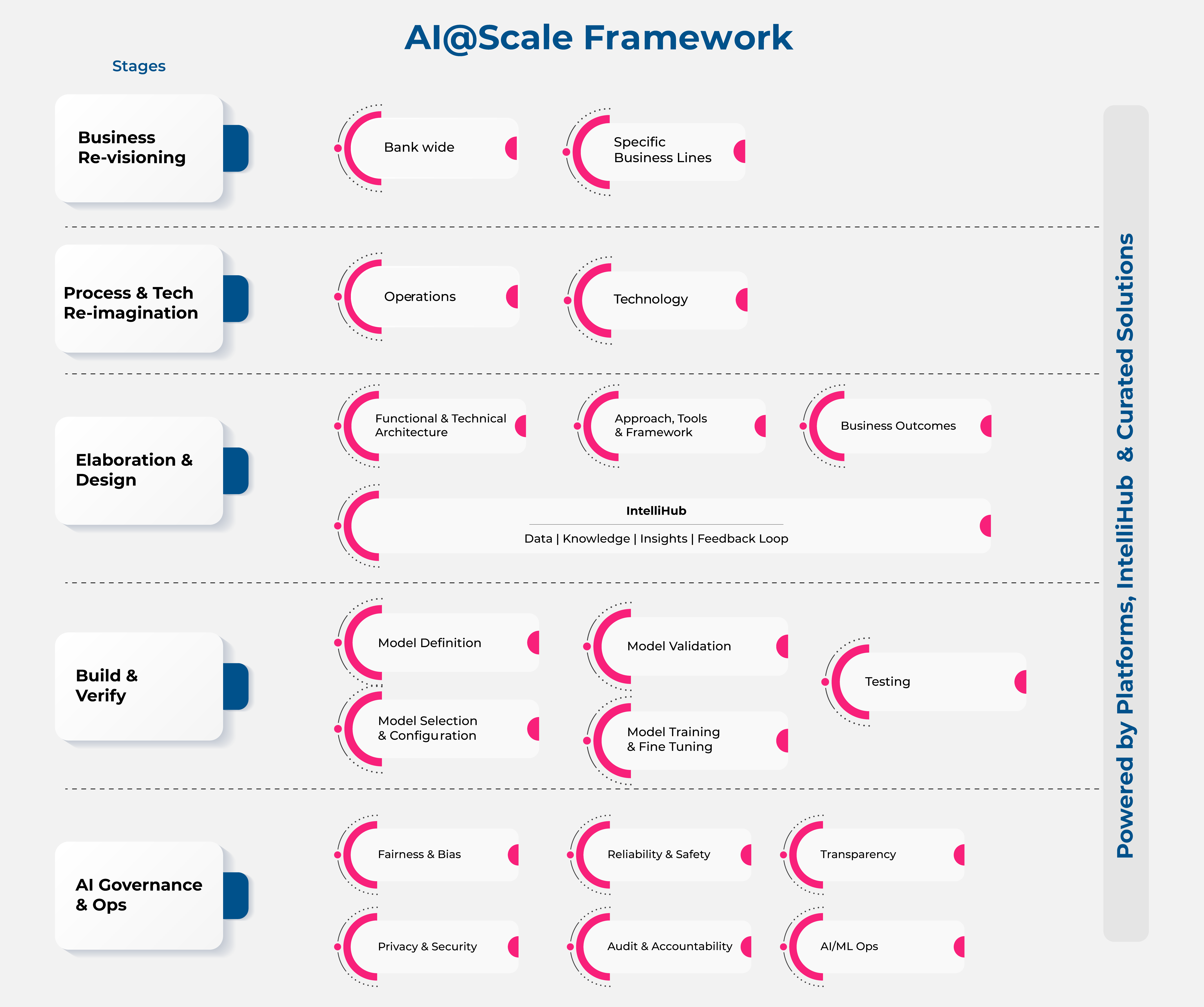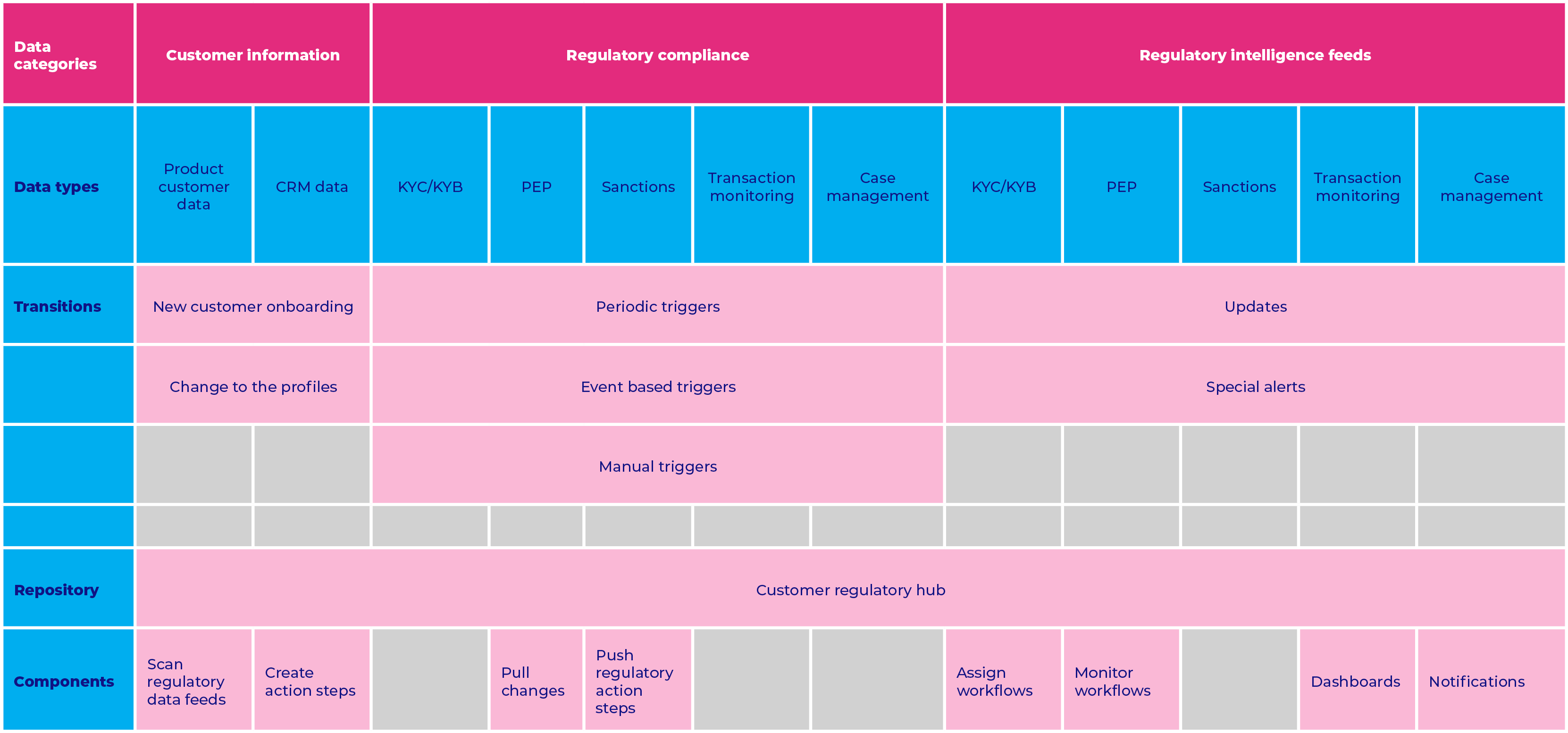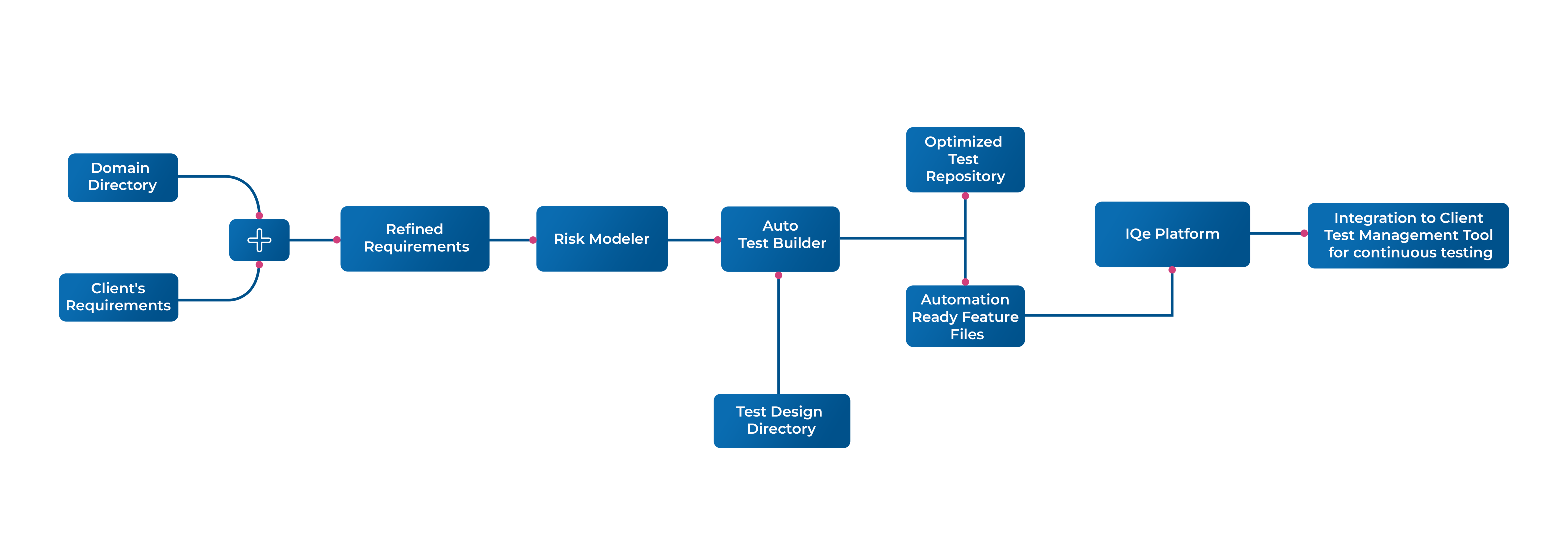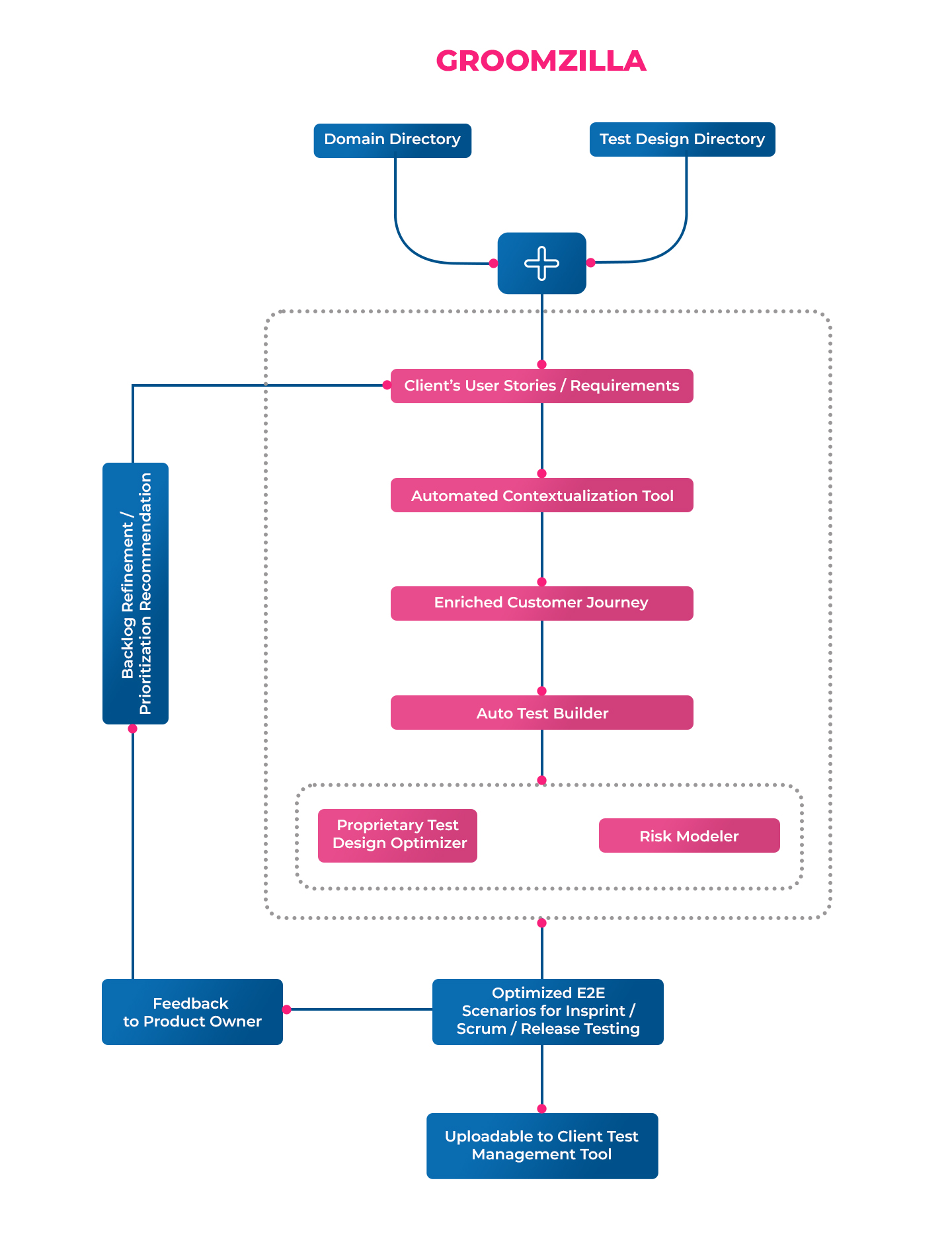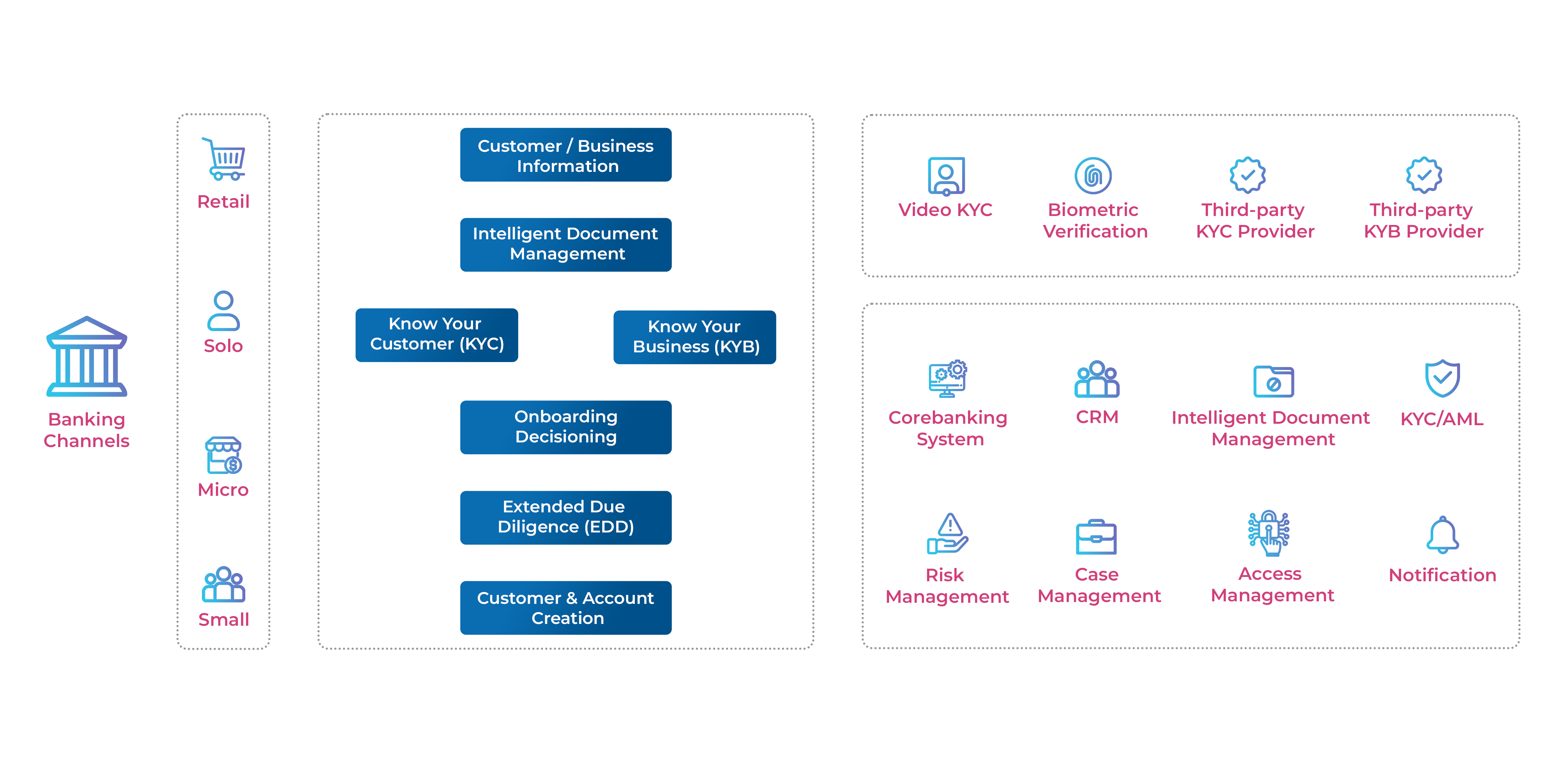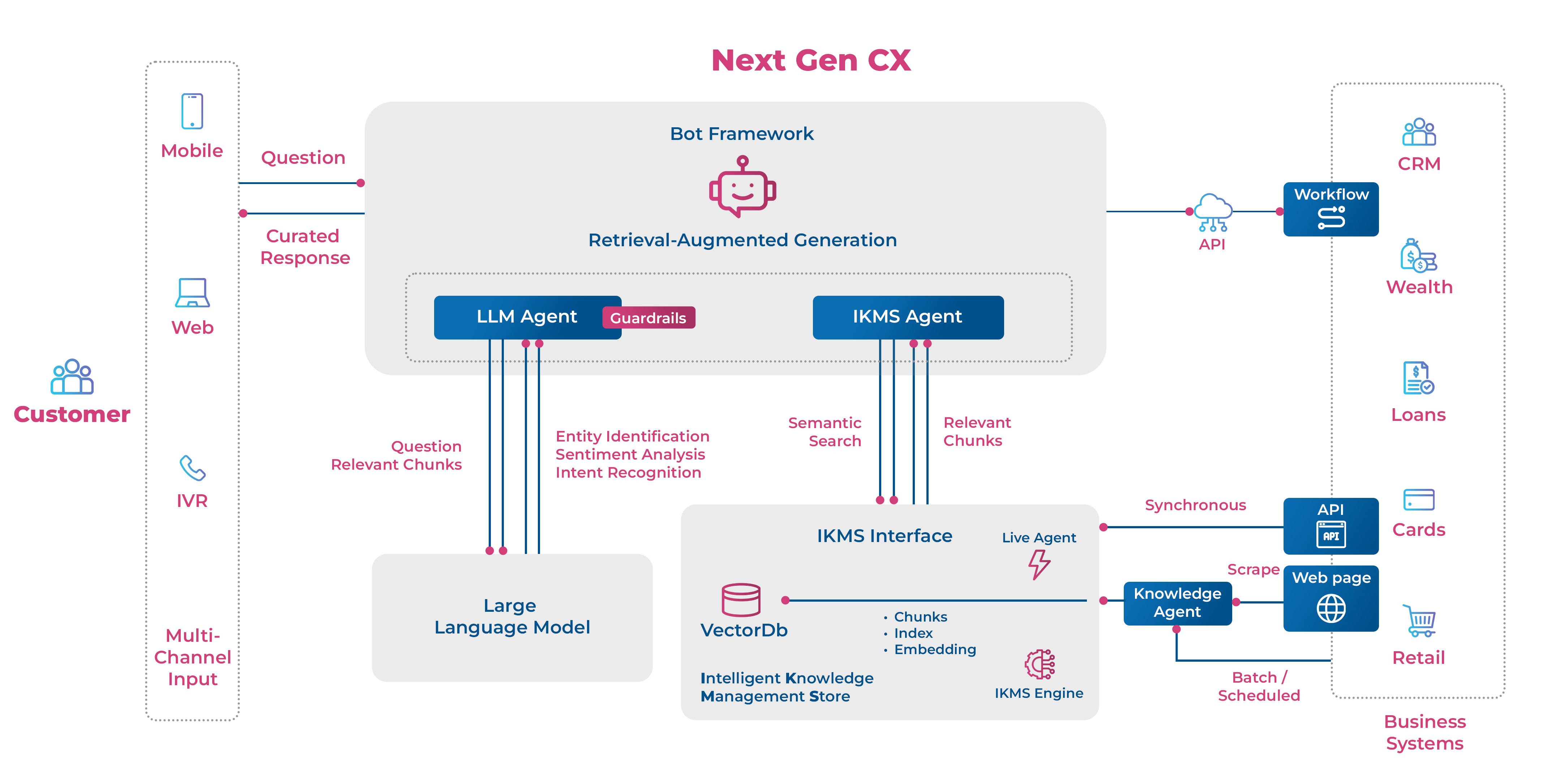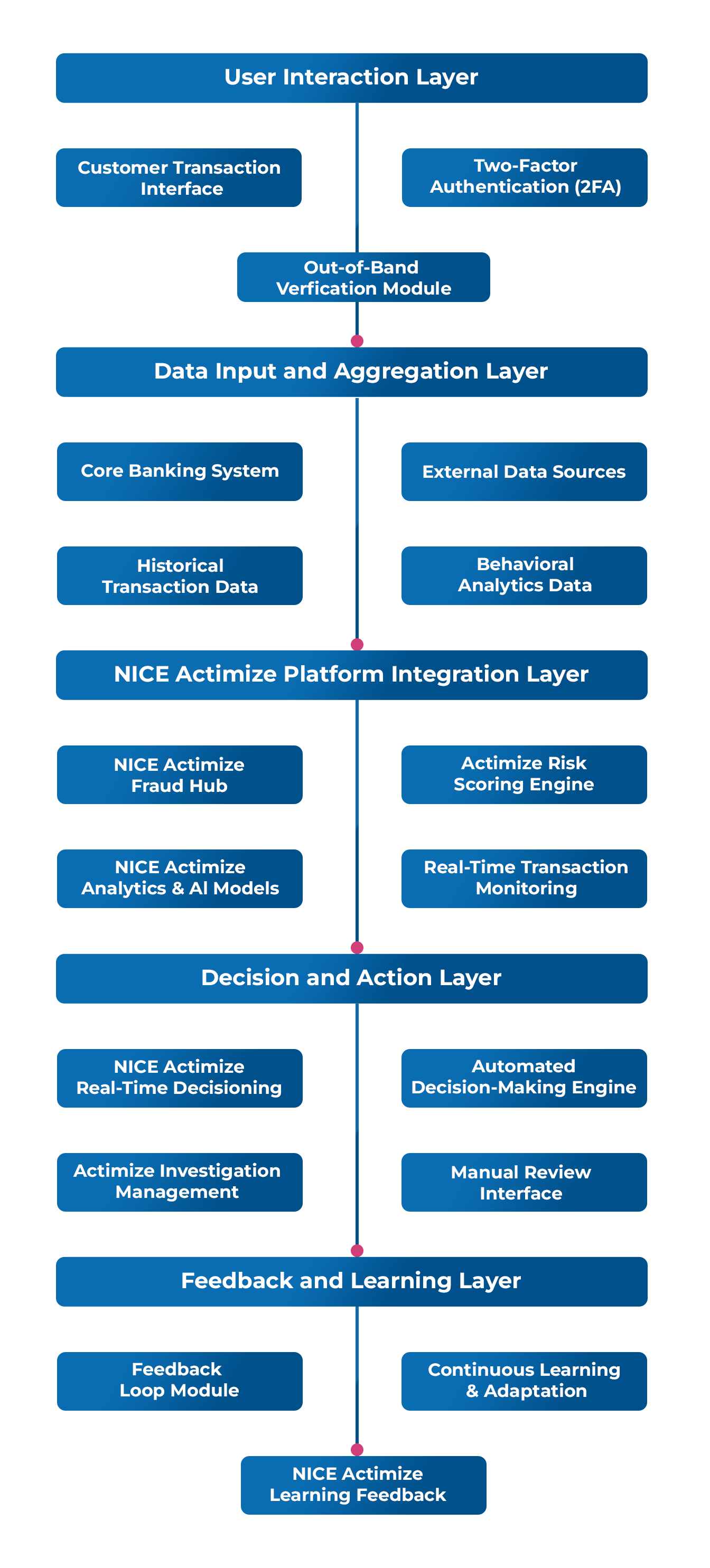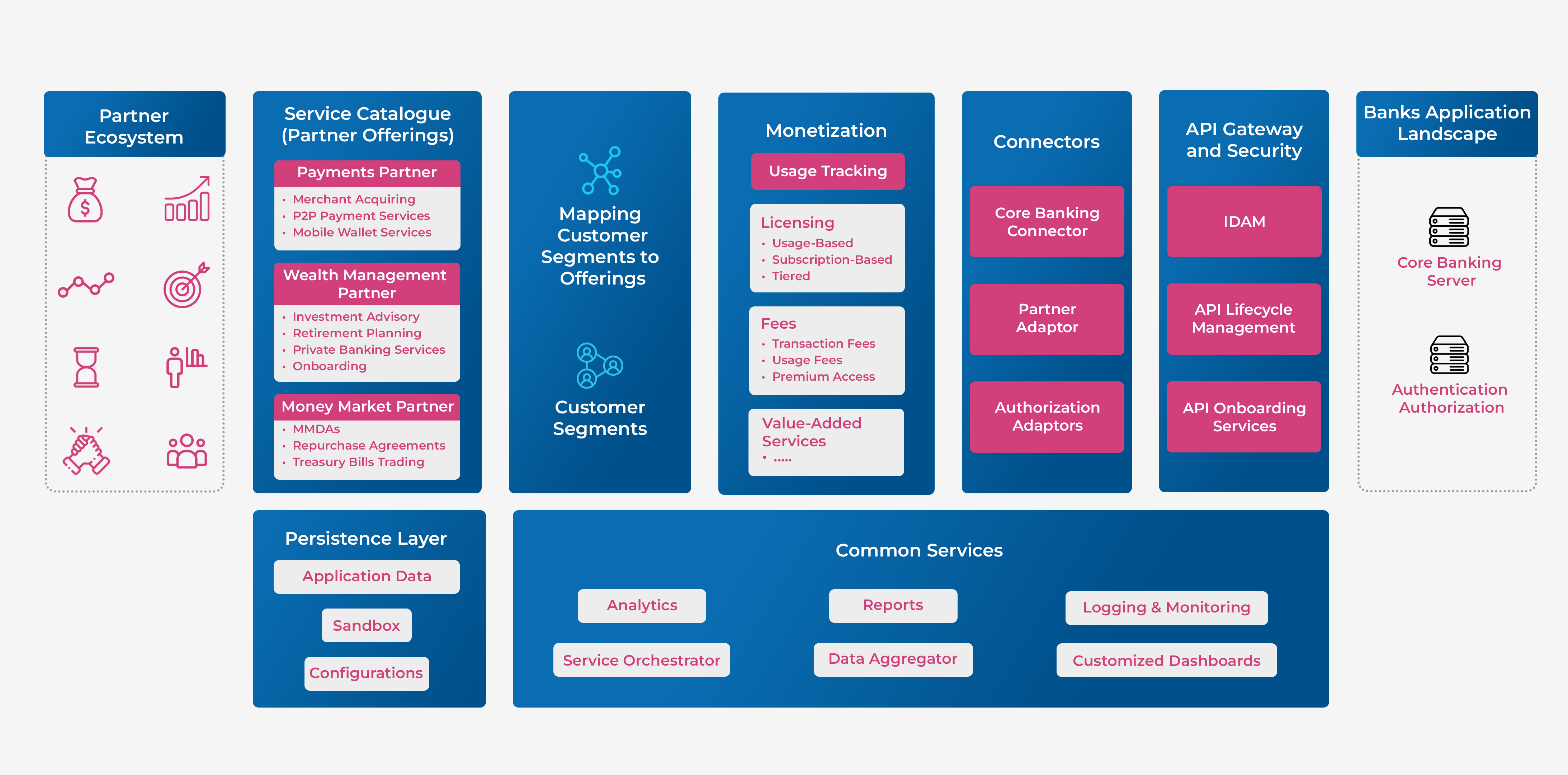To proactively address these risks, organisations must take a comprehensive approach, embedding cybersecurity into everyday practices says experts
In the current digital era, cybersecurity is no longer the sole responsibility of IT departments; it’s an organisation-wide responsibility. With increasing threats targeting both individuals and systems, businesses are realising that technical defences alone are insufficient. Cultivating a cybersecurity-aware culture is now essential to safeguarding data, meeting regulatory obligations, and protecting both financial and reputational interests.
Kishan Sundar, SVP and Chief Technology Officer at Maveric Systems Limited, emphasizes this shift: “Cybersecurity today requires more than technical defenses; it demands a company-wide culture of vigilance. With cyber threats targeting individuals as much as systems, every employee plays a critical role in protecting the business. The risks of data breaches, from financial loss to reputational damage, make reactive measures inadequate.”
Building Cybersecurity Awareness From Ground Up
To proactively address these risks, organizations must take a comprehensive approach, embedding cybersecurity into everyday practices. This begins with employee training and awareness programs. At Maveric Systems, cybersecurity is prioritized at every level, according to Sundar. “At Maveric Systems, we prioritize cybersecurity awareness and training for all employees. Our comprehensive boot camp includes training in early threat detection, secure practices, and incident reporting. Regular mock security drills help our teams stay informed about emerging threats and nurture a robust security-first culture throughout the organization.”
Programs like these instill essential skills in employees, from recognizing phishing emails to reporting suspicious activity. Beyond awareness, training initiatives serve to reinforce a security-focused mindset, transforming employees into active defenders of their organization’s digital assets.
Proactive Cybersecurity Measures Across Industries
Incorporating cybersecurity into daily operations extends beyond training; it involves ongoing practices across industries.
Cyber Governance:
In sectors like financial services, top-level executives conduct “war-gaming” exercises that simulate cyber incidents to prepare for potential crises. These exercises ensure leadership is ready to respond swiftly, safeguarding both regulatory compliance and customer trust.
Employee Training :
Sectors such as logistics utilize regular phishing simulations to train employees in recognising and responding to potential threats. These simulations not only reduce the likelihood of human error but also protect sensitive customer data from falling into the wrong hands.
Vulnerability Management & OT Security :
Industries like power and infrastructure are increasingly targeted by ransomware attacks aimed at operational technology (OT). Routine vulnerability assessments, coupled with OT-specific security controls, help defend critical infrastructure from cyber threats that could lead to disruptions.
Data Privacy :
In healthcare, data privacy remains paramount, with stringent regulations safeguarding patient consent and protecting sensitive health information. Privacy policies and encryption methods ensure patient data is shielded from unauthorized access while enhancing transparency in data use.
Third-Party Risk Management :
Businesses across various sectors rely on third-party vendors, which often introduce potential vulnerabilities. Strong third-party risk management, especially in logistics, minimizes ecosystem risks by holding partners to strict security standards.
Integrating Security Into Development & Operations
Many organisations are now adopting secure development practices, such as DevSecOps, which integrate security measures from the earliest stages of development. This approach identifies and resolves potential vulnerabilities before they can be exploited, ultimately embedding cybersecurity into the foundation of daily operations. As Sundar notes, “Secure development practices like DevSecOps and adherence to regional regulations are becoming standard across industries, integrating security into all operations. This proactive approach minimises vulnerabilities early on by embedding cybersecurity into daily business practices.”
Cybersecurity Awareness As Company-Wide Priority
Akshay Garkel, Partner at Grant Thornton Bharat, further underscores the need for awareness across all sectors: “In today’s cyber landscape, cybersecurity awareness is critical across all industries. A single misstep by any employee can lead to severe data breaches, operational downtime, and reputational damage.”
By fostering a cybersecurity-aware culture, organizations empower every employee to prioritize digital safety and take ownership of protecting sensitive data. In addition to meeting regulatory obligations, a robust cybersecurity culture guards against financial and reputational harm, creating a resilient foundation for tackling emerging threats.
In conclusion, cybersecurity in today’s digital world requires both a proactive approach and company-wide vigilance. Awareness programs, strong governance, and secure operational practices are all part of a modern defense strategy that protects not only the organization but also its employees and customers. As the threat landscape continues to evolve, embedding cybersecurity awareness across all levels of an organization becomes indispensable.
About the Author
 As the Chief Technology Officer of key Accounts, Kishan Sundar helms the technology strategy for key accounts. His leadership in creating engagement and impact through customized technology solutions, emerging technologies, and innovation for the key accounts will play a crucial role in accelerating Maveric’s revenue growth and fuelling its aspiration of becoming one of the top three Bank Tech companies by 2025.
As the Chief Technology Officer of key Accounts, Kishan Sundar helms the technology strategy for key accounts. His leadership in creating engagement and impact through customized technology solutions, emerging technologies, and innovation for the key accounts will play a crucial role in accelerating Maveric’s revenue growth and fuelling its aspiration of becoming one of the top three Bank Tech companies by 2025.
Originally published in BW SecurityWorld



